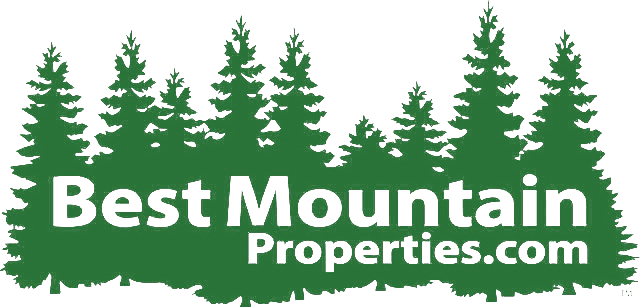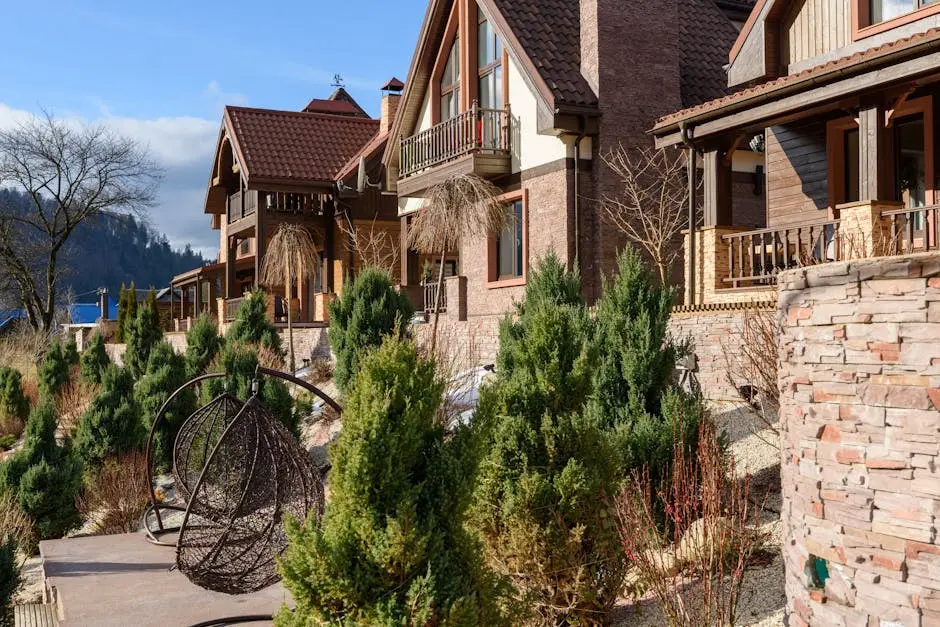When you’re buying a mountain home, asking the right questions during your buyer consultation can make all the difference. It’s an opportunity to gather valuable insights that can guide you in finding the perfect retreat. From your preferences in location to your budgetary constraints, being prepared with thoughtful inquiries will ensure that you make informed decisions throughout this exciting journey.
Understanding Your Vision for a Mountain Home
Begin by sharing your dream vision. What does your ideal mountain home look like? This is a crucial starting point as it helps define the criteria for your search.
Think about the overall vibe you want. Are you envisioning a cozy cabin with a rustic charm, or perhaps a sleek modern home that blends into the landscape? Discussing these elements can provide clarity on your dream home.
Moreover, it’s also important to consider the size of your home. Do you need multiple bedrooms for family and friends, or is a smaller space sufficient for your needs? Establishing this foundational understanding will make the next steps much clearer.
Budget Considerations for Your Purchase
Discuss your budget openly. Understanding not just the purchase price, but also ongoing costs like HOA fees and property taxes, is essential for your financial planning.
It’s also wise to factor in costs associated with mountain home ownership that might not be present in urban or suburban settings. Think about winter heating expenses and possible emergency repairs, especially if you’re purchasing a property that could face harsh winter conditions.
Set a realistic budget that gives you some flexibility. While it’s crucial to stick to your financial limits, having a little wiggle room can be beneficial for unexpected expenses or upgrades that enhance your enjoyment of your mountain retreat.
Must-Have Features vs. Nice-to-Have Extras
Identify what features are non-negotiable for you. This could include the number of bedrooms, outdoor space, or proximity to hiking trails, as well as what may be a bonus but isn’t essential.
For instance, does a large deck overlooking the mountains top your list? Or perhaps a chef’s kitchen for entertaining friends and family? Sharing these preferences allows your consultant to tailor your search to homes that truly resonate with you.
Additionally, consider features that would enhance your mountain living experience. A fireplace might be a must-have, while a hot tub could fall into the nice-to-have category. Clarifying these distinctions will help refine your options significantly.
Location Preferences and Lifestyle Considerations
Explore the different neighborhoods or areas in the mountains you’re considering. Do you prefer a secluded location or one closer to amenities? Your lifestyle will heavily influence this choice.
For example, if you envision yourself enjoying a quiet retreat, then a home located further from the hustle and bustle is ideal. On the other hand, if you’re seeking a blend of relaxation and convenience, proximity to shops, restaurants, or outdoor activities might be essential.
Engaging in discussions about your hobbies can also guide location choices. If hiking, skiing, or biking are passions, you might want to consider areas near trailheads or ski resorts. The mountain lifestyle should reflect your interests and passions.
Future Resale Value and Investment Potential
Discuss resale value during the consultation. Understanding the investment potential of mountain properties can help you make a more informed purchase that benefits you in the long run.
Clarify trends in the local real estate market. Are properties selling quickly? What has happened to property values in recent years? These insights can help you predict whether your purchase will appreciate over time.
Also, consider the uniqueness of the property. Is it in a highly sought-after area? Properties that offer something distinct, whether it’s breathtaking views or unique architecture, often have better resale potential.
Understanding the Local Market Trends
Ask your consultant about current market trends. This information can provide insights into the best times to buy or sell and help you make decisions based on market conditions.
For instance, if the market is currently favoring sellers, understanding this can reshape your approach. You may need to act quickly if you find a property that suits your needs; conversely, during a buyer’s market, you may have more negotiation power.
Understanding seasonal trends is also crucial. The mountain real estate market can shift with the seasons, so knowing when peak buying times are can save you both time and money.
Questions About Maintenance and Upkeep
Inquire about maintenance considerations unique to mountain homes, such as snow removal, landscaping maintenance, and other seasonal upkeep requirements.
Also, consider the implications of the terrain. Sloped lots may require more landscaping care or special drainage solutions, while homes at higher elevations might need specialized inspections to ensure safety and livability.
Additionally, it’s useful to know about local resources for maintenance tasks and who to call in case of emergencies. A reliable network of local contractors and services can significantly ease the burden of homeownership.
Clarifying the Buying Process
Seek clarity on the buying process itself. How long does everything typically take from consultation to closing? Understanding the timeline can help set your expectations.
Familiarize yourself with each step: from making an offer to securing financing. Having a clear roadmap helps navigate potential bumps along the way and alleviates anxiety that often accompanies major purchases.
Don’t hesitate to ask about the documentation needed at each stage. Ensuring you have all the necessary paperwork can streamline the process and keep things moving forward efficiently.
Wrapping Up Your Buyer Consultation
Asking the right questions during your buyer consultation can empower you to navigate the complexities of purchasing a mountain home with confidence. Armed with the insights gained from your consultation, you’ll be better positioned to make choices that align with your lifestyle and needs. Remember, communication is key, so don’t hesitate to engage openly with your advisor as you explore potential homes.



